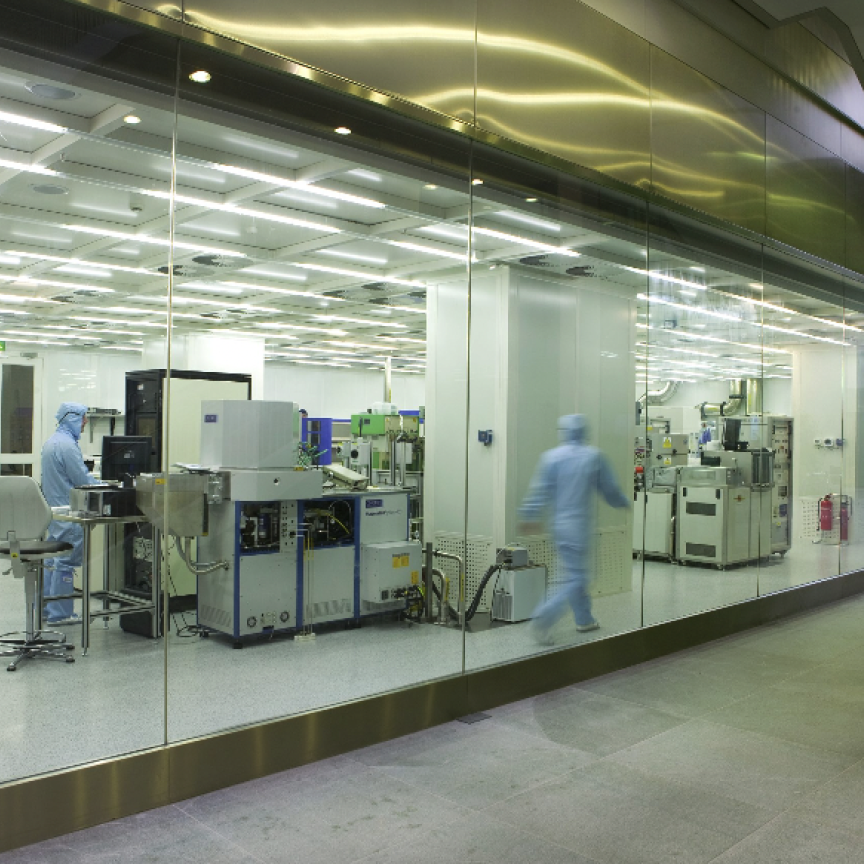Wear and corrosion protection layer deposition using welding that has a process speed 400 per cent faster than today’s processes is the goal of a new research project.
A new process combining a non-transmitted light arc and laser-based warming of the work piece is expected to achieve this 400 per cent process acceleration. The light arc that burns between its two electrodes is non-transmitted because it does not come into contact with the work piece. What does come into contact with the workpiece surface is a diode laser’s output, which is less than 0.5kW. The laser melts the surface shortly before the melted wire, produced from the arc light, also reaches the surface.
Southern German company Merkle is optimising the non-transmitted light arc, while Laser Zentrum Hannover’s (LZH) materials and processes department is developing the laser. This combined process is expected to provide work piece protection with the melted wire, molten surface combination, with the very first layer applied. Typical welding processes can take three or four runs before sufficient protection is applied.
‘This combination can be used to exploit the advantages of both tools. High energy input is needed to melt the deposition material, and this is provided by the light arc,’ said Jörg Hermsdorf, head of LZH’s machines and controls group. ‘This combination of the individual processes is ideal. The laser uses a low output power and can be used for precise, guided control of joining the melted material to the base material.’
The original welding process has a maximum deposition speed of about 5kg per hour and can take up to 24 hours to coat a square metre area, with the associated high energy and personnel costs. The new process, at 20kg per hour, could reduce that surfacing time to a normal working shift period.
The new process is being developed under a project called HoDopp. It is financed by the German Federal Ministry of Education and Research within a programme for small and medium sized enterprises production research. As well as LZH and Merkle, the firms G+F Strate and Druckguss Service Deutschland are taking part and are responsible for testing and quality assurance.

